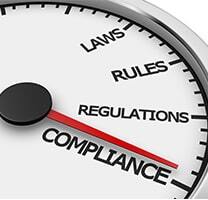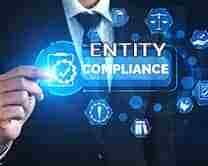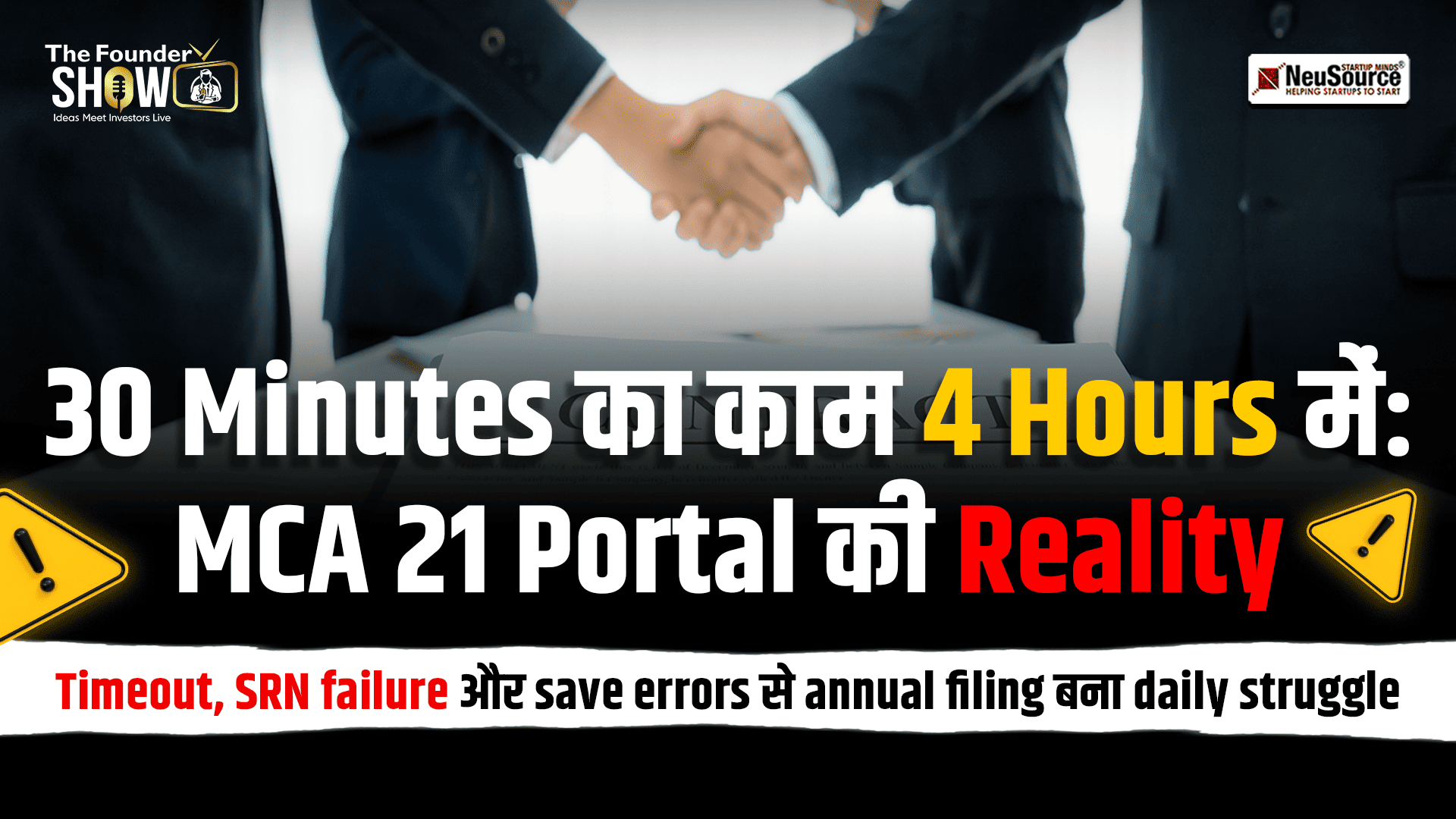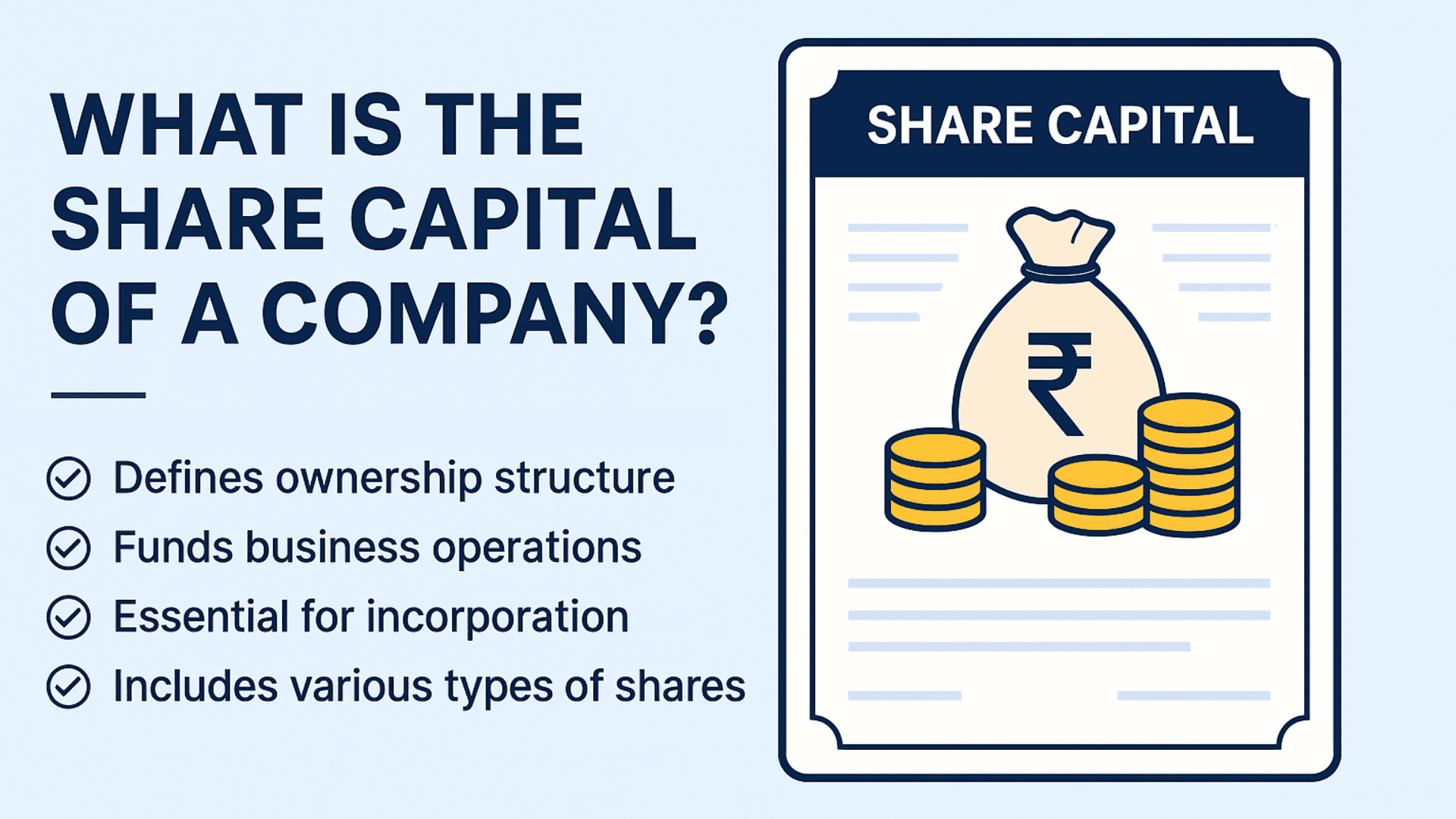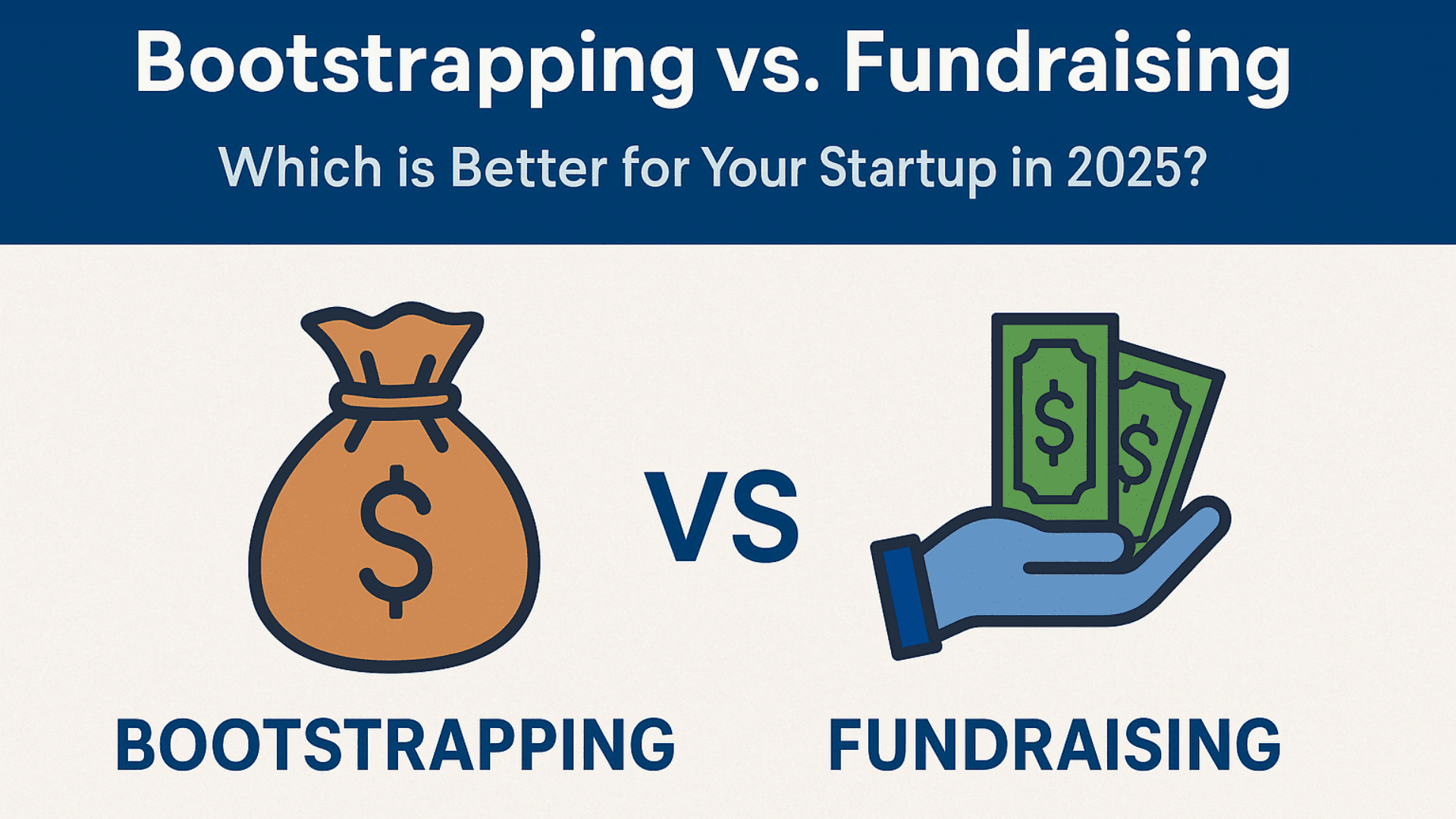liabilities of directors of a company

A company is a legal entity that exists independently of its shareholders, directors, and management. A firm, on the other hand, is run by its directors, who are appointed by shareholders and are in charge of the day-to-day business operations.
Businesses have recently received finance from international groups, bolstering the Indian corporate sector and trading in the global market. Scams and frauds including the syphoning of funds, accounting irregularities, non-compliances, and corruption, on the other hand, have become a part of corporate functioning, creating a grey area that requires prompt action.
The issue of scams and fraud has been taken seriously by the government, with several arrests made against promoters and important individuals in some cases. The Companies Act of 2013 also established the Serious Fraud Investigation Office to keep an eye on white-collar crime.
Concerns concerning the culpability of company directors have arisen as a result of the significant danger of internal fraud. In this post, we'll go through the most important areas of liability for you as a director or a new individual joining the board of a firm as a director, as well as what precautions you can take ahead of time.
Once a company is registered, it retains its unique status, assets, and obligations until the Registrar of Companies deregisters it. A company's directors are susceptible to the following categories of potential liabilities over the course of its existence:
Liabilities and Its types
-
Companies Act of 2013 Liabilities
-
Income Tax Act of 1961 Liabilities
-
Workers' Compensation Liabilities
-
1881 Negotiable Instrument Act Liabilities
-
2016 Insolvency and Bankruptcy Code Liabilities
-
Companies Act of 2013 Liabilities
A director is defined as "a director appointed to the Board of a company" under the Companies Act, 2013 (hence referred to as "the Act"). The idea of a 'officer who is in default' is also included in the Act for the purpose of laying accountability on such a person in the event that the firm violates the Act's provisions.
Every whole-time director, director(s) who has given consent for becoming a key person in the absence of any key managerial personnel, and every director who is participating in proceedings relating to a contravention of provisions of the Act and is aware of such contravention fall under the definition of "officer who is in default."
The Act contains various clauses that make a director liable to fines and imprisonment. Misleading statements in the prospectus, failure to repay deposit money to depositors, engaging in any fraud in a company or with creditors, failing to notify stock exchanges about public offers, and failing to maintain proper books of accounts prior to winding up are just a few of the defaults that expose directors to personal liability.
It's critical for independent and non-executive directors to understand that they'll only be held liable if a company's acts of omission or commission occurred with their knowledge, attributable to board processes with their consent, or if they didn't act diligently and there's enough evidence to prove it.
-
Income Tax Act of 1961 Liabilities
The Income Tax Act, 1961 forces vicarious responsibility upon the chiefs in regard of the assessment back payments of the organizations. The responsibility is connected to the pay of the earlier year which has been surveyed to burden. Segment 179 of the Income Tax Act, 1961 fastens joint and a few liabilities on each overseer of a privately owned business for recuperation of expense contribution which couldn't be recuperated from the organization except if the chief demonstrates that the non-recuperation can't be ascribed to any net disregard, misfeasance break of obligation on his part corresponding to the undertakings of the organization. This segment applies to an individual who is or has been a chief in such an organization for recuperating charge levy.
-
Workers' Compensation Liabilities
An offense committed by an organization under work regulations viz. Industrial facilities Act, 1948, Employees Provident Fund, 1952, and so forth make the individual who has command over issues of the organization responsible for punitive outcomes. Along these lines, chiefs naturally come into the picture for possible liabilities and just those chiefs who are responsible for the general issues of the organization are expected to take responsibility for punishments and detainment.
-
1881 Negotiable Instrument Act Liabilities
An offense committed by an organization connecting with disrespecting of checks is directed by segment 141 of the Negotiable Instrument Act, 1881. As per that part, vicarious responsibility is forced on chiefs for shaming actually looks at drawn by an organization. The responsibility is stretched out to the chiefs who are answerable for everyday undertakings of the organization and any chief who is a signatory of the check is additionally expected to take responsibility. In any case, a chief won't be expected to take responsibility for disrespect of check by the organization assuming that an offense happened without his insight and he/she practiced a reasonable level of effort to keep away from the offense.
-
2016 Insolvency and Bankruptcy Code Liabilities
When the indebtedness goal process under the Insolvency and Bankruptcy Code, 2016 (IBC 2016) begins, the powers of the governing body are suspended, and an outer expert is delegated to run the undertakings of the organization. IBC 2016 expands the obligation on the heads of the corporate indebted person (an organization under the IBC process) as and when an exchange including them is brought under question.
The risk-on chiefs are forced to the degree of switching the exchange or making a sensible commitment to the resources of the organization under IBC interaction to guarantee the defense of the lender's advantage. Notwithstanding, a chief isn't obligated to assume a sensible expected level of investment is attempted and there was no false expectation.
Safety measures to be taken by Directors
(I) Performance of obligations
The heads of an organization are indispensable to the regular working of the organization. In this way, they are expected to take responsibility for misfortunes associated with punishable demonstrations or carelessness. To stay away from individual liabilities, chiefs ought to play out their obligations by acting determinedly and wisely. Further, legally, chiefs ought to:
Act as per the articles of relationship of the organization.
Act with honest intentions to advance the goals of the organization.
Perform obligation of care, ability and industriousness and exercise autonomous judgment.
Act to the greatest advantage of the organization, its workers, the investors, and the local area and for the insurance of the climate.
Further, autonomous chiefs being outside chiefs ought to have more insight and information to accumulate all continuous functionalities of the organization. Likewise, extra obligations for free chiefs are systematized in Schedule IV of the Companies Act.
(ii) Insurance
Chiefs' and officials' risk protection is protection that safeguards chiefs, officials and company itself for misfortunes and different expenses on the off chance that suits are documented against them for supposed unjust demonstrations. The developing number and power of dangers for organizations feature the requirement for them to guarantee that they have hearty protection inclusion set up. Furthermore, with chiefs' and officials' very own resources possibly in question, it is particularly essential to guarantee adequate inclusion. In this way, heads of organizations can prescribe taking chiefs and officials protection to safeguard their inclinations.
(iii) Indemnification
By and large, repayment implies covering costs brought about by someone else. Presently, chiefs can request a reimbursement strategy against any liabilities he/she cause if there should be an occurrence of supposed carelessness, break of obligation, and so on. It is critical to take note of that a chief can't be reimburse against risk in common or criminal procedures for which the individual is viewed as blameworthy.
Prem
Right guidance is all we need for a healthy business. Neusource is here to show you the right way which helps you to grow with your business. If you have this wish to build up your startups then neusource is the only choice for your business







